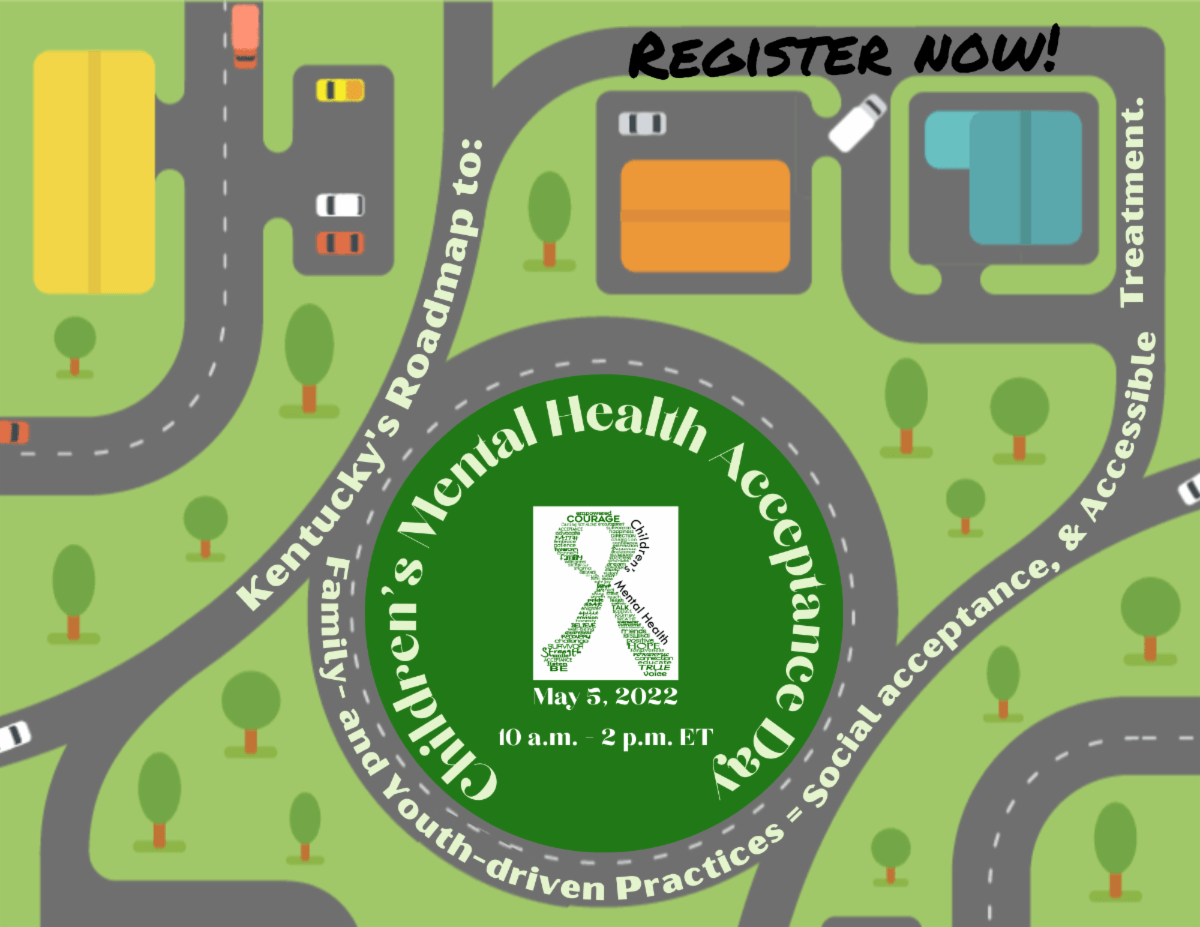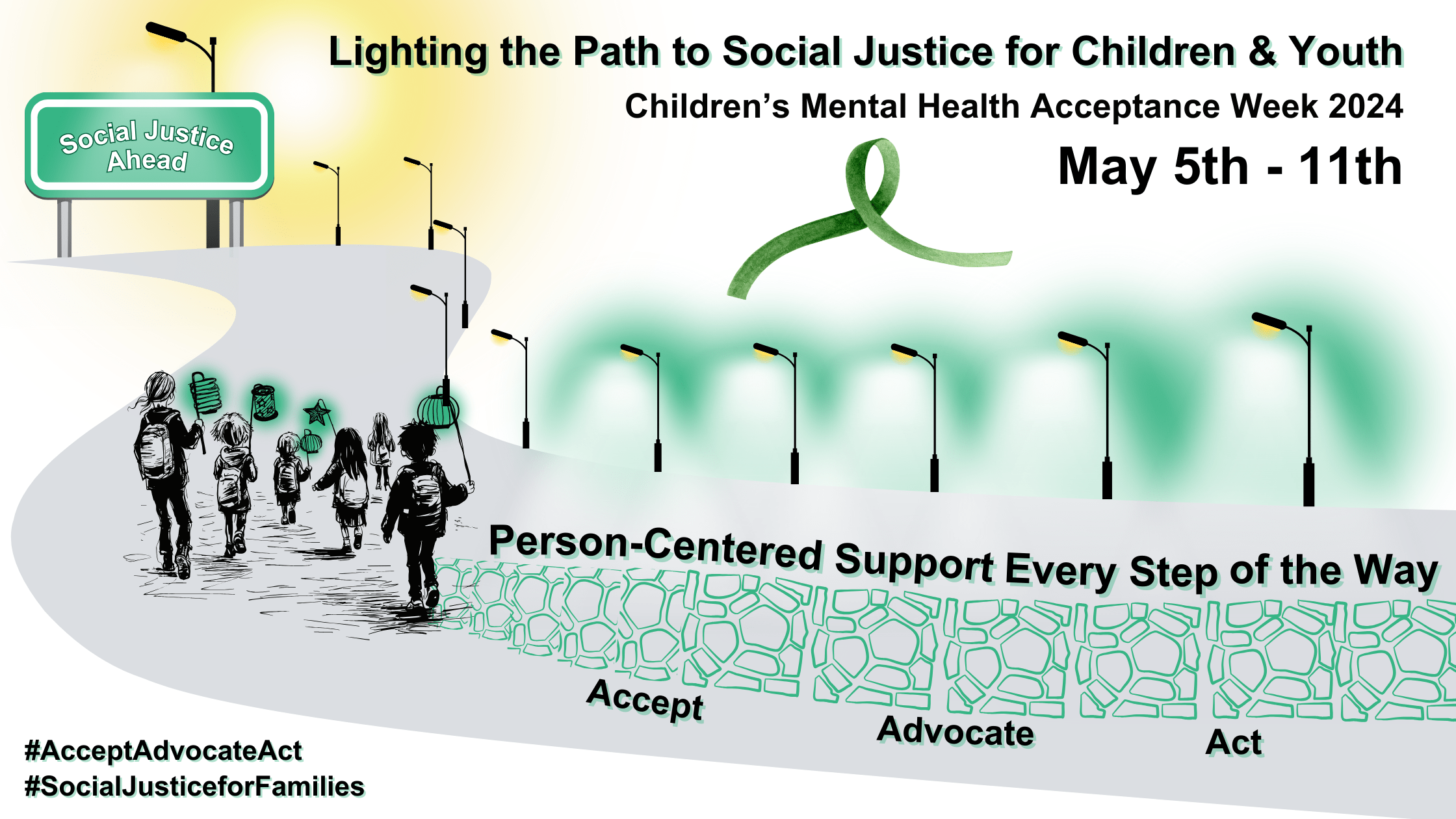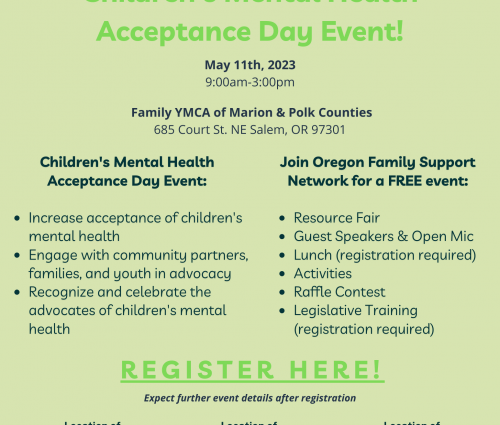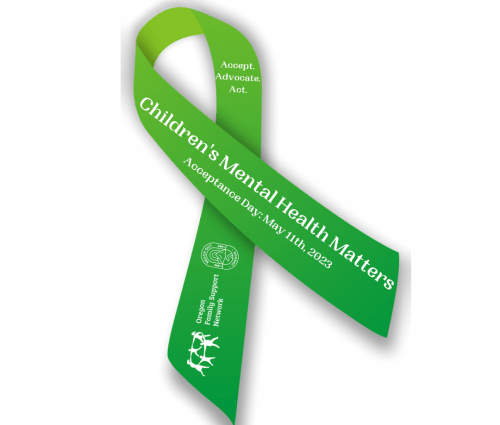What do you think about the growing awareness surrounding children’s mental health? It seems like more people are starting to recognize how important it is, not just for the children themselves, but for society as a whole. Children are our future, and it’s crucial that we support their mental well-being. One significant occasion highlighting this issue is Children’s Mental Health Acceptance Day.
Understanding Children’s Mental Health
Children’s mental health encompasses the emotional, psychological, and social well-being of children from birth through adolescence. Just like physical health, mental health is fundamental for a child’s development and overall quality of life. It influences how children think, feel, and act as they navigate the world.
The Importance of Mental Health in Children
Mental health in childhood paves the way for a healthy adulthood. When children have good mental health, they can cope with everyday challenges more effectively. They develop the skills necessary for academic success and build strong relationships with peers and adults alike.
You might wonder why it’s critical to discuss children’s mental health specifically. The reality is that many mental health issues begin in childhood. Early intervention can lead to better outcomes, which is why awareness days, like Children’s Mental Health Acceptance Day, have become so vital in recent years.
The Link Between Mental Health and Academic Success
Research indicates a strong correlation between mental health and educational performance. Children who deal with mental health issues such as anxiety or depression often struggle academically. Their capacity to focus, absorb information, and interact with classmates can be greatly hindered.
Here’s a simple table outlining how mental health impacts academic performance:
| Mental Health Factor | Potential Impact on Academics |
|---|---|
| Anxiety | Difficulty concentrating; decreased engagement |
| Depression | Reduced motivation; absenteeism |
| ADHD | Impulsivity; fidgeting that disrupts learning |
| Learning Disabilities | Challenges with traditional learning methods |
By prioritizing mental health, you provide children with a better shot at academic success. It’s a win-win situation!
What is Children’s Mental Health Acceptance Day?
Children’s Mental Health Acceptance Day is an event dedicated to raising awareness about the importance of mental health in children. It aims to break down the stigma surrounding mental health issues and encourages open conversations about this crucial subject.
A History of the Day
Originating from a desire to promote better understanding and acceptance, Children’s Mental Health Acceptance Day is celebrated annually. Organizations, schools, and communities engage in various activities and campaigns to educate people about the significance of recognizing mental health needs in children.
By participating in these events, you contribute to a culture of empathy and kindness, essential elements for fostering a supportive environment for children’s mental health.
Observance and Activities
Communities across the globe organize various observances and activities on Children’s Mental Health Acceptance Day. These can range from seminars and workshops to art contests and social media campaigns. The idea is to engage all age groups to spread awareness and promote positive mental health practices.
Encouraging discussions in schools and homes about mental health cultivates understanding. Simple activities such as sharing personal stories or creating art can help visualize and express feelings, making it easier for children and adults alike to approach sensitive topics.

This image is property of mlsvc01-prod.s3.amazonaws.com.
Understanding Mental Health Issues in Children
Just as not all adults have the same mental health challenges, children’s mental health issues can vary widely. Here’s a brief look at some common disorders.
Anxiety Disorders
Anxiety is one of the most prevalent mental health issues among children. It’s characterized by excessive worry or fear that can disrupt normal activities. While some anxiety can be normal, chronic anxiety can have significant implications.
Symptoms of Anxiety Disorders include:
- Restlessness
- Difficulty concentrating
- Rapid heart rate
- Avoidance of certain situations
Awareness can help you recognize these symptoms in children, allowing for timely support and intervention.
Depression
Depression isn’t just an adult issue; it can affect children too. While some emotions might be a normal part of growing up, persistent sadness that affects daily life is a cause for concern.
Symptoms of Depression can include:
- Persistent sadness or irritability
- Loss of interest in activities
- Changes in sleep and appetite
- Social withdrawal
Recognizing these signs early helps create an environment where children feel safe to express their feelings.
Attention Deficit Hyperactivity Disorder (ADHD)
ADHD is characterized by patterns of inattention, hyperactivity, and impulsivity. It often manifests in academic settings, making it essential to identify and accommodate affected children appropriately.
Common Signs of ADHD:
- Difficulty focusing on tasks
- Forgetfulness and disorganization
- Impulsivity and restlessness
Knowing about ADHD allows parents and educators to create supportive environments that can assist in managing its effects.
Learning Disabilities
Learning disabilities, such as dyslexia or dyscalculia, can impact a child’s ability to learn effectively. These disabilities are not indicative of a child’s intelligence but can hinder their educational experiences.
Signs of Learning Disabilities include:
- Difficulty reading or writing
- Trouble with numbers or math concepts
- Problems following or understanding instructions
Understanding and recognizing these challenges can lead to effective strategies to support learning.
The Role of Parents and Guardians
Your role as a parent or guardian is essential in the mental health landscape of your children. By monitoring their emotional and psychological well-being, you can act before issues escalate.
Recognizing Signs of Mental Health Issues
Being vigilant about changes in your child’s behavior is crucial. Here are some signs that might indicate a problem:
- Sudden changes in mood
- Withdrawal from friends or family
- Decline in academic performance
- Changes in eating or sleeping habits
If you notice these signs, consider reaching out to professionals who can provide guidance and support.
Creating an Open Dialogue
Encouraging open conversations about feelings is integral to children’s mental health. Make it easy for them to express their emotions without fearing judgment. Using age-appropriate language can help them articulate their feelings better.
Here’s a handy table with prompts that you can use to encourage discussion:
| Age Group | Discussion Prompts |
|---|---|
| Preschool | “How do you feel today?” |
| Elementary | “What was the best part of your day?” |
| Teen | “Is there anything bothering you lately?” |
Fostering a culture of openness encourages children to talk about their feelings, leading to early intervention when needed.

This image is property of static.wixstatic.com.
The Role of Educational Institutions
Schools play a significant role in supporting children’s mental health. As environments where children spend most of their time, it’s imperative that they prioritize mental wellness.
Implementing Support Systems
Schools can create a support system that includes mental health resources, such as counselors and educators trained to recognize and respond to mental health issues. Initiatives like mental health education can be invaluable.
Fostering a Positive Environment
A positive school environment encourages inclusivity and acceptance. Schools can organize training sessions for teachers that help them identify signs of mental health issues and apply appropriate strategies to support affected students.
Creating an environment where children feel valued and understood can lead to significant improvements in their overall well-being.
Community Involvement
Supportively addressing children’s mental health cannot be solely the responsibility of parents and schools; communities must also get involved.
Community Programs
Many communities have established programs aimed at educating families about mental health issues. Local organizations can conduct workshops, seminars, and support groups to facilitate understanding and spread awareness.
Whether it’s events at libraries, community centers, or online workshops, these initiatives cultivate a stronger support network for children and their families.
Encouraging Participation in Events
Participation in such events on Children’s Mental Health Acceptance Day can significantly bring awareness to your community. Consider volunteering or helping organize activities in your locality. Every little effort counts.

This image is property of ofsn.org.
Resources for Support
With increased awareness of children’s mental health comes the necessity for reliable resources.
Professional Help
Whether you’re a parent, guardian, or educator, knowing which professionals to approach when you need support can be a lifeline. Resources may include:
- Child Psychologists
- School Counselors
- Pediatricians
- Local Mental Health Facilities
Online Resources
There are several websites you can check out for more information, educational materials, and even forums for reaching out to others facing similar challenges:
- National Institute of Mental Health (NIMH)
- Child Mind Institute
- American Psychological Association (APA)
These resources can supplement knowledge and guide you toward appropriate support networks.
Conclusion
The growing awareness around children’s mental health is a crucial step in providing children with the support they need. Children’s Mental Health Acceptance Day serves as an important reminder that you can make a difference in the lives of young people grappling with mental health issues.
By being proactive in understanding mental health, recognizing signs, and fostering open dialogues, you can contribute significantly to your child’s emotional and psychological well-being. Remember that it’s okay to seek help and that even small actions can promote greater understanding. Together, we can create a supportive environment that nurtures children’s mental health, giving them the tools to thrive.

This image is property of ofsn.org.